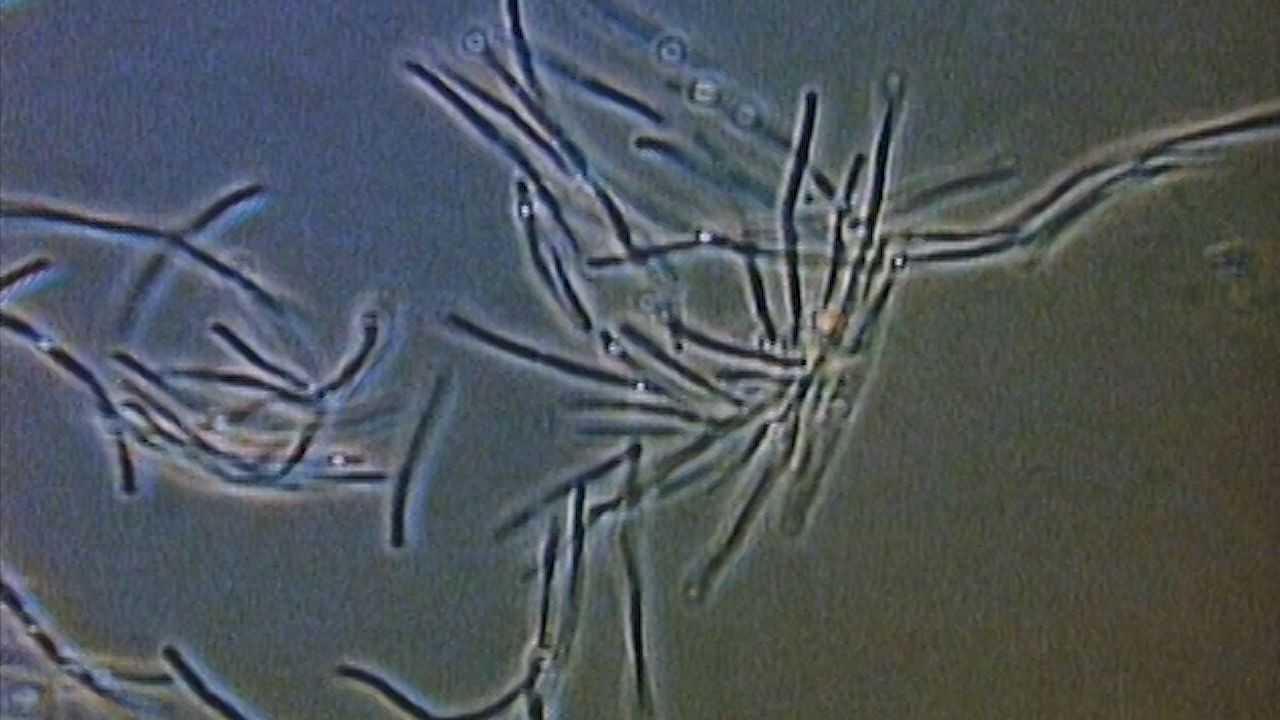Examine how bacteria can be beneficial ecological agents of decomposition but harmful spoilers of food and agents of disease

Examine how bacteria can be beneficial ecological agents of decomposition but harmful spoilers of food and agents of disease
Learn about bacteria as agents of decomposition, food spoilage, and disease (pathogens).
Encyclopædia Britannica, Inc.
Transcript
Bacteria live in almost every habitat on Earth. They owe part of this success to their tremendous reproductive output. Through the process of binary fission, a bacterium duplicates its genetic material and divides into two new bodies. A single colonizing cell can soon give rise to thousands of descendants.
Just how fast do colonies of bacteria grow? Some have doubling times of just 10 minutes, which means that every 10 minutes the number of cells in the culture doubles.
Rapid reproduction makes bacteria well suited for their main ecological role, as decomposers, but it also makes them a danger to unprotected food supplies. Preventing food from spoiling means preventing bacteria from growing. The most fail-safe method is to destroy all the bacteria in and on the food through heat pasteurization and canning. Cans prevent new bacteria from reaching the food from the outside, while the high temperatures of pasteurization kill any bacteria already trapped inside.
If heat pasteurization is not complete, dormant spores of microbes, such as Clostridium botulinum, can begin to grow. Clostridium botulinum—the agent of botulism—produces a potent toxin that can cause fatal paralysis.
The illnesses associated with bacteria do not stop with food spoilage. Disease-causing bacteria, or pathogens, are responsible for a long list of ailments, including typhoid, cholera, and pneumonia.
As bacteria cells enter the human body, they are attacked by immune-system cells called phagocytes. When a phagocyte overtakes the bacteria, it engulfs and dissolves the microbe.
The phagocytes in our immune system tend to be very busy, because bacteria are persistent and widespread in our world—part of every meal, every breath, and every touch.
Just how fast do colonies of bacteria grow? Some have doubling times of just 10 minutes, which means that every 10 minutes the number of cells in the culture doubles.
Rapid reproduction makes bacteria well suited for their main ecological role, as decomposers, but it also makes them a danger to unprotected food supplies. Preventing food from spoiling means preventing bacteria from growing. The most fail-safe method is to destroy all the bacteria in and on the food through heat pasteurization and canning. Cans prevent new bacteria from reaching the food from the outside, while the high temperatures of pasteurization kill any bacteria already trapped inside.
If heat pasteurization is not complete, dormant spores of microbes, such as Clostridium botulinum, can begin to grow. Clostridium botulinum—the agent of botulism—produces a potent toxin that can cause fatal paralysis.
The illnesses associated with bacteria do not stop with food spoilage. Disease-causing bacteria, or pathogens, are responsible for a long list of ailments, including typhoid, cholera, and pneumonia.
As bacteria cells enter the human body, they are attacked by immune-system cells called phagocytes. When a phagocyte overtakes the bacteria, it engulfs and dissolves the microbe.
The phagocytes in our immune system tend to be very busy, because bacteria are persistent and widespread in our world—part of every meal, every breath, and every touch.









